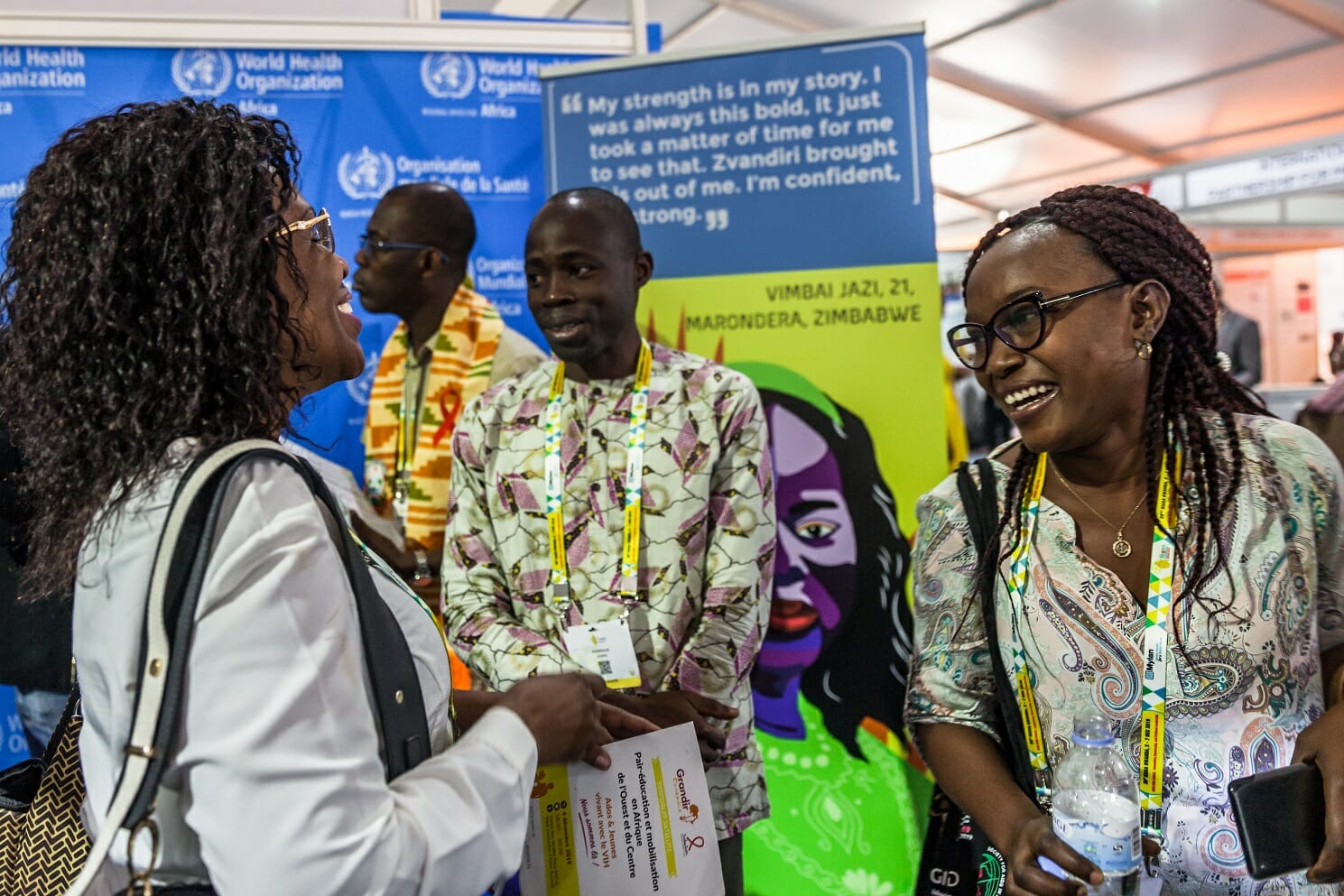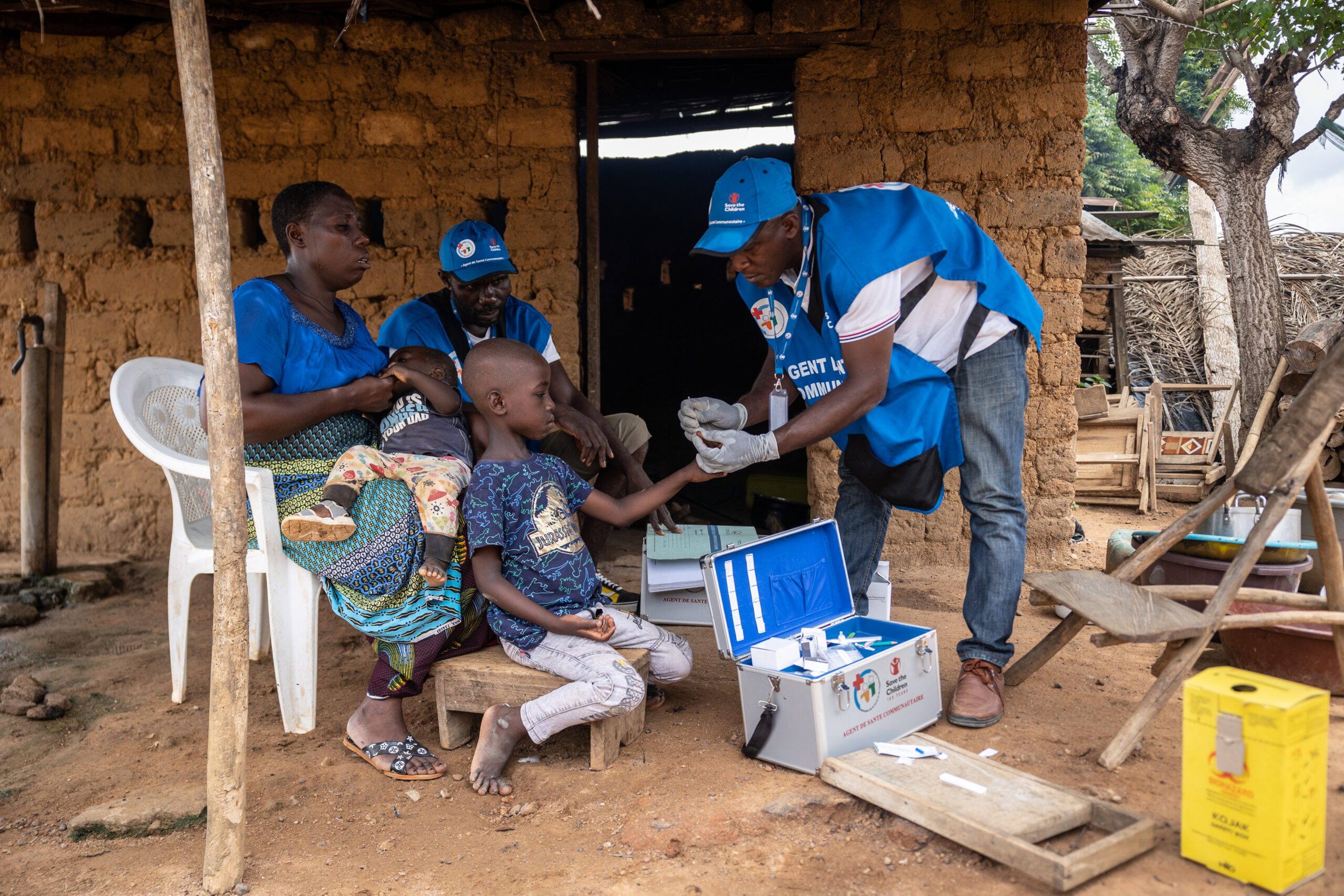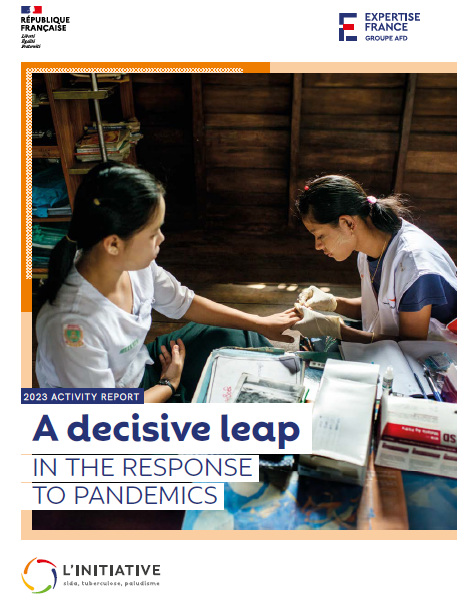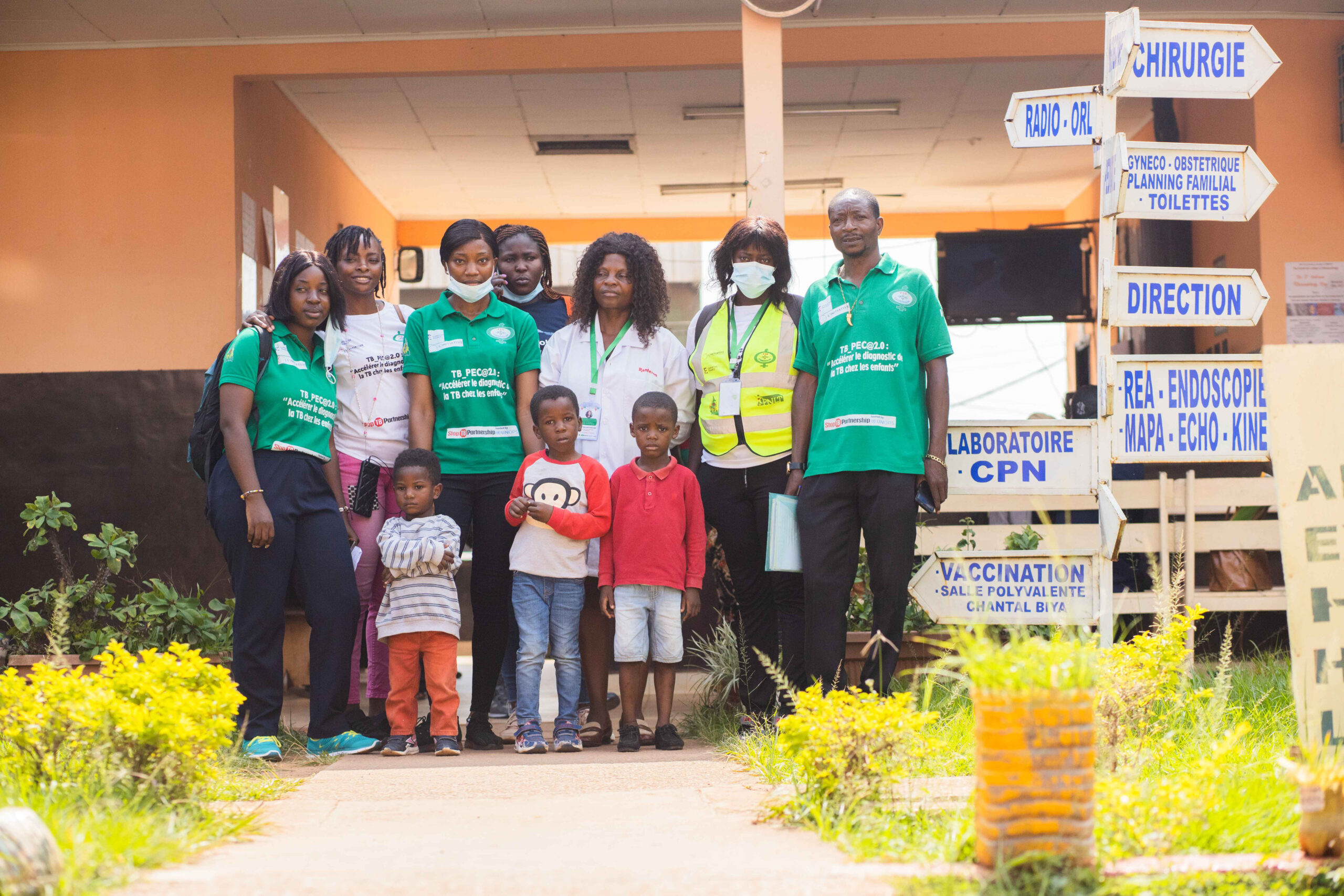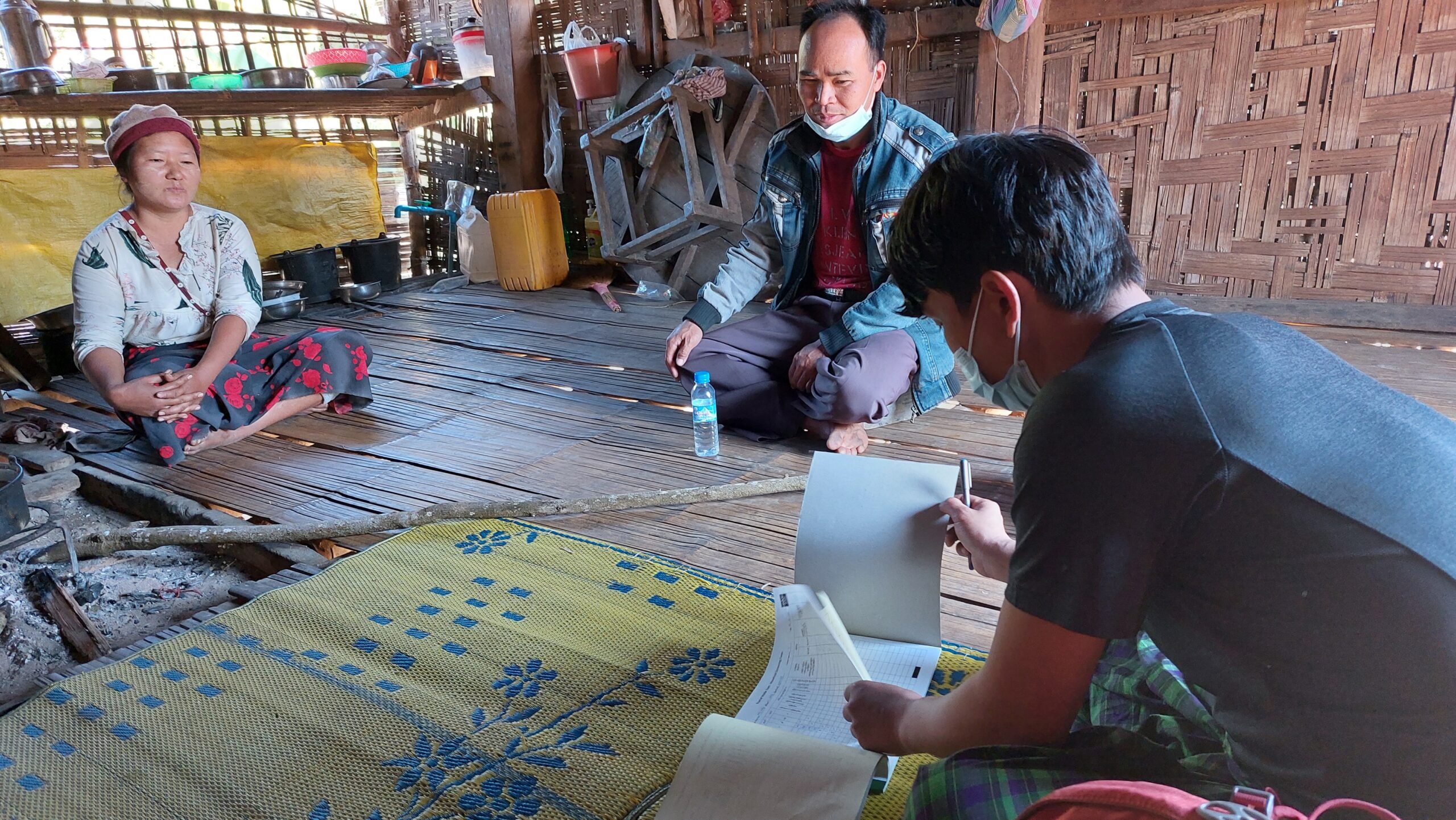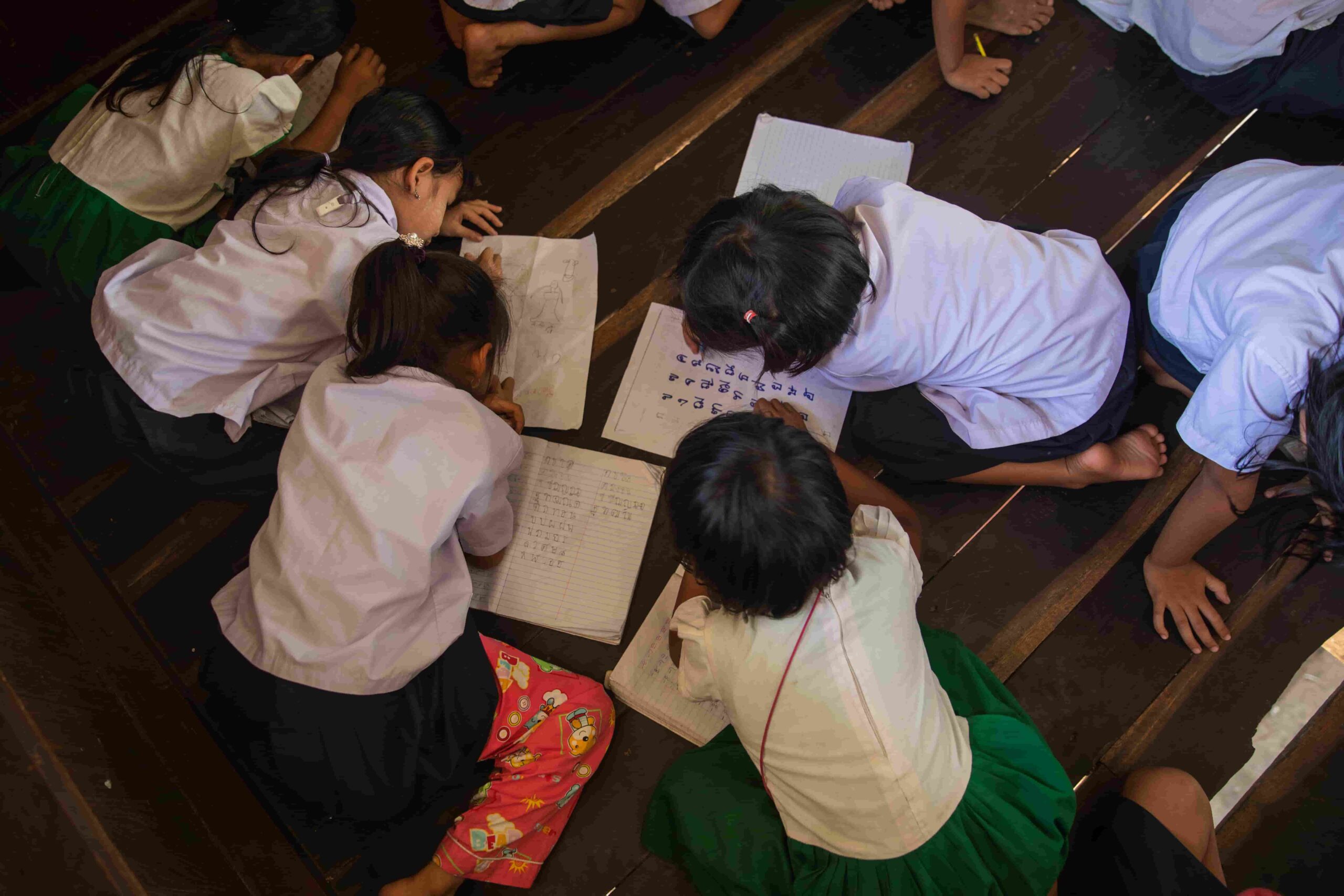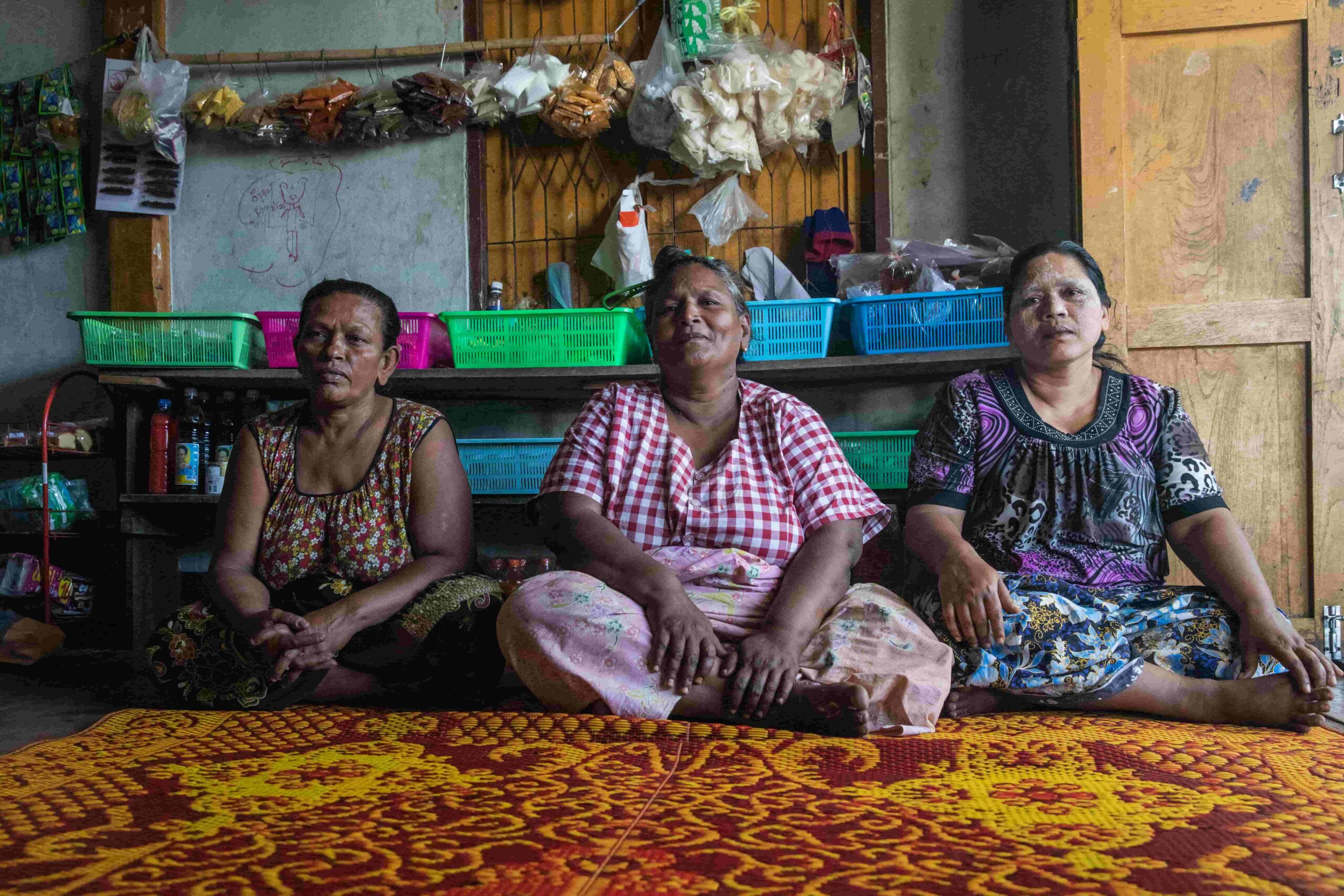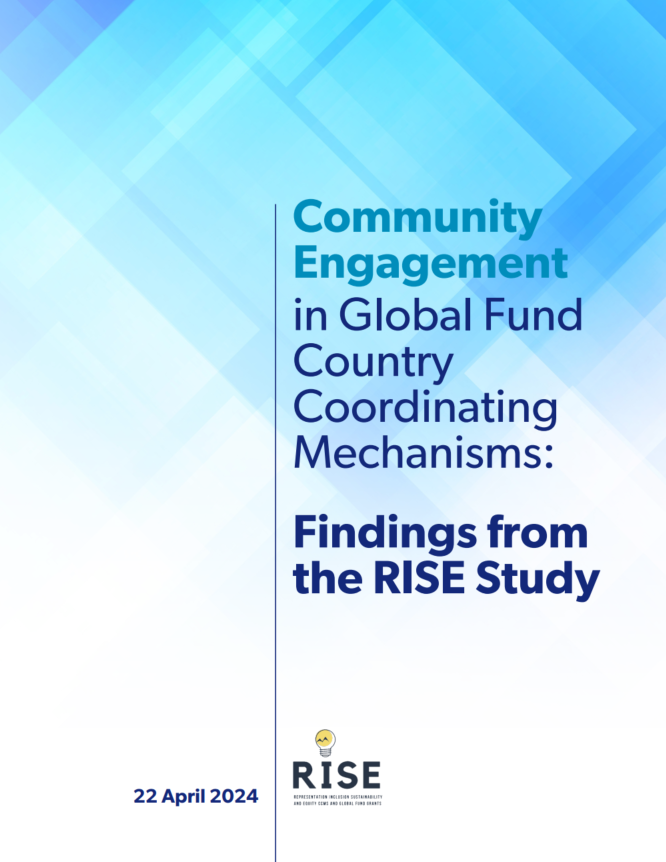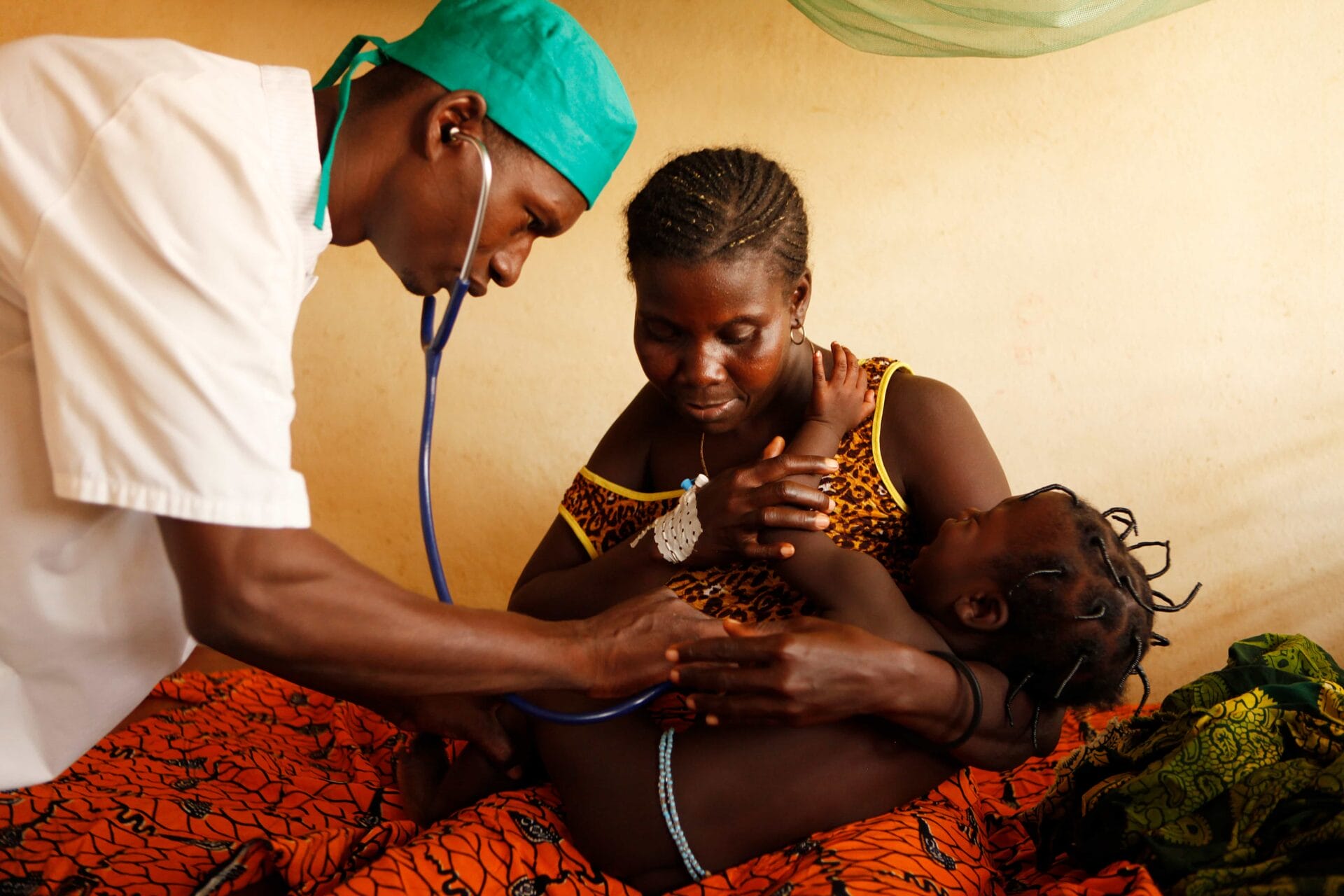A criterion for project evaluation
How can gender issues be better integrated into a call for projects against pandemics? This question marked L’Initiative’s early considerations on the subject. The call for projects “Adolescents and young girls” was launched in 2015, targeting a population and age group for whom sexual and reproductive health is a vital issue. Since 2018, L’Initiative’s team has been trained in cross-cutting integration of gender in projects to guide its partners from as early as the negotiating phase. Simultaneously, proposals submitted during calls for projects, whatever the theme, are now all evaluated through the lens of gender integration. An annex to applications was designed to help applicants identify key points for the integration process in their project.
Systematize gender integration
For Olivia Ngou, Executive Director of the NGO IMPACT SANTÉ AFRIQUE and co-founder of the Civil Society for Malaria (CS4ME) network, gender inequalities hinder access to health services and contribute to the under-reporting of malaria cases. She advocates for gender mainstreaming in the fight against endemic diseases.
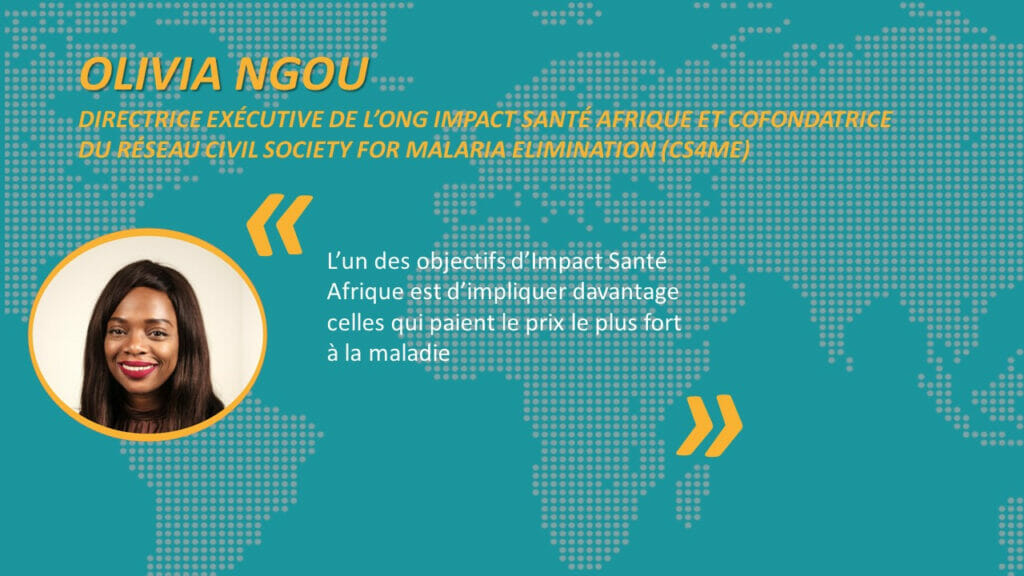
New mission objectives
As for technical assistance, gender was integrated into missions’ terms of reference in 2019, and objectives in this matter must be set. Simultaneously, a webinar created by L’Initiative trains all experts in these issues and offers methods of deployment in the field. For instance, the HIV/AIDS Combined Prevention Plan in Guinea Bissau gave experts the opportunity to ensure equal representation and the presence of key populations, female sex workers, and women on the national team. The objective? To account for the specifics pertaining to HIV-positive women throughout the entire process.
While equal representation in teams of experts is encouraged, there is still room for progress. Of the mission expert positions, 26% were held by women, and 64% of missions had at least one female expert*. In 2021, a study will aim to identifying gender-related obstacles women face accessing expert roles, and it will suggest concrete actions as early as 2022. There is a growing awareness of the necessity to involve specific gender expertise from the funding request writing stage. This is a need L’Initiative is ready to meet for the Global Fund’s next funding cycle.
